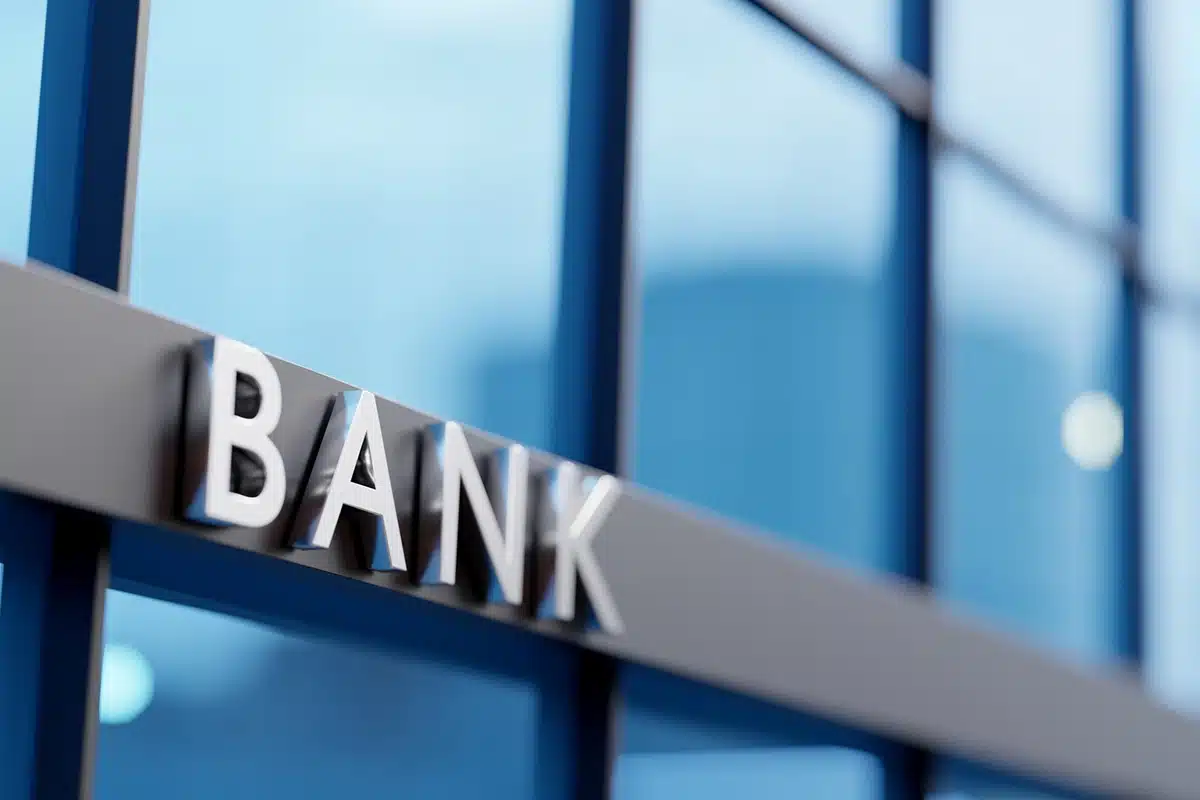Banks are obligated to refund fraudulent transfers from your account.
One situation we run across that is surprisingly common are banks that refuse to refund money to you when it’s stolen from your bank account.
What happens is that you dispute a charge as fraudulent, and then the bank tells you they’re doing an investigation. But then even though you have proof that your account was hacked, or that you weren’t the one who did it, they tell you that the results of their investigation were that there was no fraud.
Some banks are worse than others about this. But with certain banks, they’ve outsourced or automated a lot of their customer service. So instead of getting a real investigation, they’re just pretending to do it and telling you that it’s your problem.

The Electronic Funds Transfer Act
There’s something called EFTA—the Electronic Funds Transfer Act—and you have rights when it comes to a fraudulent charge on your bank account. If your bank claims they’ve investigated but won’t refund a fraudulent charge, call us at 657-845-3100 or e-mail us at contact@kneuppercovey.com. We may be able to help.
Does the bank have to give me the money back if there was a fraudulent charge?
You might be wondering in the first place if the bank is even responsible. Under federal law, they can’t just say it’s your problem if there’s a fraudulent charge on your account. The Electronic Funds Transfer Act applies to charges or transfers that are initiated electronically (which is most charges these days).
The EFTA has protections for consumers who have unauthorized transfers on their account. For example, if your card is lost or stolen, and you report it within two days of finding out about the theft, your maximum liability is $50. It gets more complicated if you wait after that, but even then there are limits.
EFTA also requires the bank to conduct an investigation when you tell them that a transaction was unauthorized. If it’s true, they have to correct the transaction. And if they can’t complete the investigation in 10 days, they’re supposed to “recredit” your money temporarily while they make a final decision.
What can I do if my bank isn’t following the law?
If you’re looking for a lawyer to help try to resolve a dispute over an unauthorized charge on your bank account, call us at 657-845-3100 or e-mail us at contact@kneuppercovey.com. We may be able to help.
